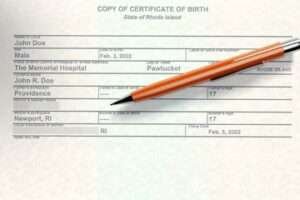Inherent Power U/Sec 151 CPC Can Be Invoked Only When Alternate Remedies Do Not Exist
Case: My Palace Mutually Aided Cooperative Society vs B. Mahesh
Coram: CJI NV Ramana, Justices Krishna Murari and Hima Kohli
Case No.: CA 5784 OF 2022
Court Observation: “In exercising powers under Section 151 of the CPC, it cannot be said that the civil courts can exercise substantive jurisdiction to unsettle already decided issues. A Court having jurisdiction over the relevant subject matter has the power to decide and may come either to a right or a wrong conclusion. Even if a wrong conclusion is arrived at or an incorrect decree is passed by the jurisdictional court, the same is binding on the parties until it is set aside by an appellate court or through other remedies provided in law. Section 151 of the CPC can only be applicable if there is no alternate remedy available in accordance with the existing provisions of law. Such inherent power cannot override statutory prohibitions or create remedies which are not contemplated under the Code. Section 151 cannot be invoked as an alternative to filing fresh suits, appeals, revisions, or reviews. A party cannot find solace in Section 151 to allege and rectify historic wrongs and bypass procedural safeguards inbuilt in the CPC”
“Sections 96 to 100 of CPC deals with the procedure for filing appeals from original decrees. A perusal of the above provision makes it clear that the provisions are silent about the category of persons who can prefer an appeal. But it is well settled legal position that a person who is affected by a judgment but is not a party to the suit, can prefer an appeal with the leave of the Court. The sine qua non for filing an appeal by a third party is that he must have been affected by reason of the judgment and decree which is sought to be impugned.. In the light of the above, it can be safely concluded any aggrieved party can prefer an appeal with the leave of the Court”.
“We are of the opinion that the High Court should not have decided the recall application filed by the respondents, let alone pass such extensive orders which has the effect of unsettling proceedings and transactions which have a history of more than 60 years in a proceeding, basing on an application filed under Section 151 of the CPC.”
Previous Posts




